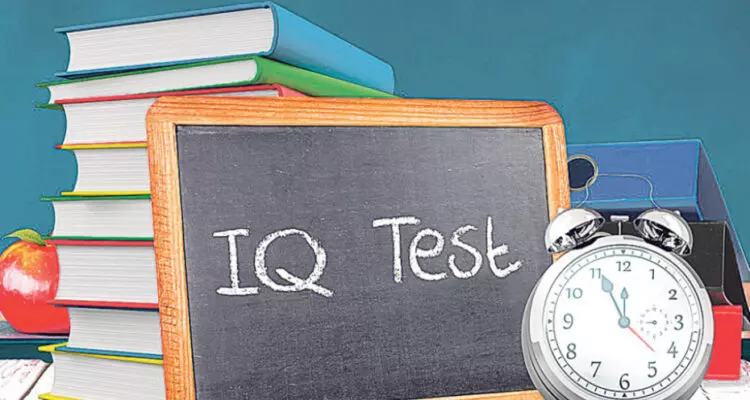IQ tests have been around for centuries – they were first developed in the late 19th century – and are used to measure intelligence and cognitive ability. In the modern world, IQ tests are widely used in a variety of contexts, from academic testing to job interviews.
For many, IQ tests are a source of stress and anxiety, but understanding how they work and the different types of IQ tests available can help alleviate some of that tension. This article will explore the history of IQ tests, how they measure intelligence, and the different types of modern IQ tests available.
History of IQ Tests
The first IQ test was developed in the late 19th century by French psychologist Alfred Binet, who was commissioned by the French government to develop a test to measure school children’s intelligence.
Binet’s intelligence test, which was later adapted by Lewis Terman, was based on the idea that intelligence can be measured by the ability to solve problems, answer questions, and complete tasks. The development of IQ tests was part of a larger movement to understand the psychological and social underpinnings of intelligence.
Development of IQ Tests
IQ tests have evolved over the years, with a variety of different versions being developed. IQ tests have been used in a variety of contexts, including in academic and professional settings like this romanian test.
The tests have also been used to measure intelligence for military recruitment and evaluation. Today, IQ tests are widely used to assess the intelligence of children, adults, and even animals.
The Role of Intelligence Tests
IQ tests are used to measure a person’s cognitive ability and intelligence. The tests measure a variety of cognitive skills, including problem-solving, memory, and logic.
IQ tests are not designed to measure a person’s emotional intelligence or creativity, but they can provide insight into a person’s potential for academic and professional success.
How IQ Tests Measure Intelligence
IQ tests measure a variety of cognitive abilities and skills, including problem-solving, memory, and logic. IQ tests are designed to measure a person’s cognitive ability by assessing their ability to answer questions, complete tasks, and solve problems.
IQ tests generally have a set time limit and require the test taker to answer a variety of questions in a certain amount of time.
IQ tests are often divided into two categories: verbal and performance. Verbal IQ tests measure a person’s ability to understand and use language, while performance IQ tests measure a person’s ability to solve problems and complete tasks quickly and accurately.
IQ scores are typically calculated using a formula that takes into account a person’s age and the number of correct answers they were able to provide in the allotted time.
Different Types of Modern IQ Tests
Modern IQ tests come in a variety of forms, from online tests to paper and pencil versions. The most common IQ tests are standardized tests such as the Wechsler Adult Intelligence Scale (WAIS) and the Stanford-Binet Intelligence Scale.
These tests are designed to measure a person’s intelligence by assessing their ability to answer questions, complete tasks, and solve problems.
In addition to these tests, there are a variety of other modern IQ tests, including the Raven’s Progressive Matrices test, which measures a person’s ability to recognize patterns; the Kaufman Assessment Battery for Children (KABC), which is designed to measure a child’s intelligence; the Woodcock-Johnson Tests of Cognitive Abilities, which measures a person’s academic skills; and the Kaufman Adolescent and Adult Intelligence Test (KAIT), which measures a person’s verbal and nonverbal intelligence.
There are also a variety of online tests that claim to measure IQ, although these tests are generally not considered to be as accurate as the standardized tests mentioned above.
Conclusion
IQ tests have been around for centuries and are used to measure a person’s intelligence and cognitive ability. Understanding how IQ tests work and the different types of modern IQ tests available can help alleviate some of the stress and anxiety associated with taking one.
This article has explored the history of IQ tests, how they measure intelligence, and the different types of modern IQ tests available.

